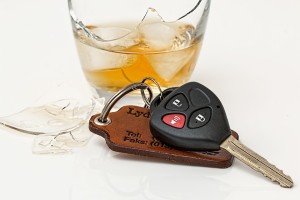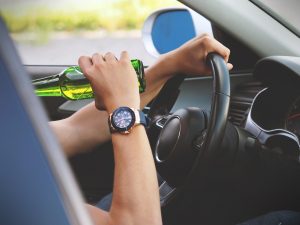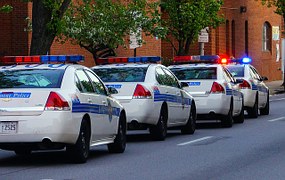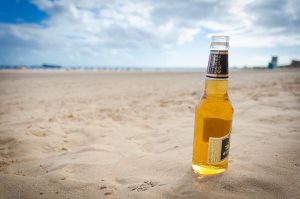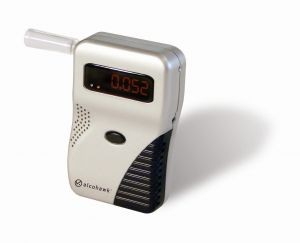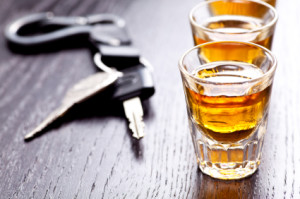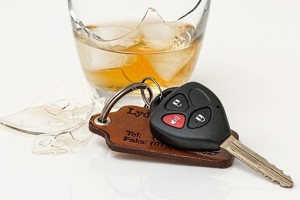 Holiday DUI patrols have been operational in Maryland for years, but until recently many of these enhanced law enforcement efforts have taken place on the Eastern Shore during the summer months. Memorial Day and Labor Day weekends along with July 4th have traditionally drawn the most attention of various police departments including the State Police. These law enforcement agencies run DUI checkpoints and deploy extra patrol officers during the nighttime hours in an effort to deter drunk driving and enforce the laws when the message doesn’t register. When a special holiday task force is operational it typically produces a greater number of arrests that a normal weekend, but this is expected as more law enforcement resources are in use. Before we begin a cost benefit analysis of drunk driving task forces, we’ll stop and say the purpose of this post is simply to point out that they are becoming more common throughout the state and coming to a county near you this holiday season.
Holiday DUI patrols have been operational in Maryland for years, but until recently many of these enhanced law enforcement efforts have taken place on the Eastern Shore during the summer months. Memorial Day and Labor Day weekends along with July 4th have traditionally drawn the most attention of various police departments including the State Police. These law enforcement agencies run DUI checkpoints and deploy extra patrol officers during the nighttime hours in an effort to deter drunk driving and enforce the laws when the message doesn’t register. When a special holiday task force is operational it typically produces a greater number of arrests that a normal weekend, but this is expected as more law enforcement resources are in use. Before we begin a cost benefit analysis of drunk driving task forces, we’ll stop and say the purpose of this post is simply to point out that they are becoming more common throughout the state and coming to a county near you this holiday season.
Various law enforcement agencies in Montgomery County are about to begin their fifth weekend of the local DUI holiday task force, which has already produced close to 200 drunk driving arrests. This particular task force is made up of officers from the state and county police and the local police departments of Rockville, Gaithersburg and Takoma Park. Officers from the Maryland National Capital Park Police are also participating in the task force on the stretches of Montgomery County highway that are within the jurisdiction of federal law enforcement such as the Clara Barton Parkway. These agencies are not limiting their activity to standard proactive road patrols, rather they are also running sobriety checkpoints and compliance checks of local business that sell alcohol. Additionally law enforcement has also taken a more aggressive stance in issuing citations to adults that have allowed minors to consume alcohol on their property. Under Alex and Calvin’s law (section 10-119 of the criminal law code) adults who host parties where alcohol is served to minors face fines of up to $2,500 for a first offense and $5,000 for a second or subsequent offense. These citations are not considered criminal, but failure to pay could result in a criminal contempt charge that carries jail time. Additionally a conviction for one of these civil citations could become part of the permanent court record, which could lead to adverse consequences for the defendant.
Drunk driving has been an especially contentious issue in Montgomery County for the last few years, and for good reason. In 2015 a young law enforcement officer was killed by a repeat DUI offender, which led to the state enacting a law requiring installation of the interlock device for offenders. The engine interlock device is viewed as one of the most effective means to curtail impaired driving by lawmakers, prosecutors and judges alike. The device also spares defendants the possibility of losing their ability to drive, which in Maryland can be crippling due to the shortcomings of public transportation. The obvious downsides of the device are the high cost, frequent malfunctioning and embarrassing look, but most would agree that it’s worth it to be able to drive legally. The Montgomery County task force will continue to operate until January 5, 2019 and the Blog may post a follow up article after the final data on the program is released. If you or a loved one has been charged or arrested for any traffic offense in Maryland feel free to contact DUI lawyer Benjamin Herbst anytime for a free consultation. Benjamin specializes in representing out of state defendants, repeat offenders and drivers charged with federal DUI by the Park Police and other federal law enforcement agencies.
 Criminal Defense Lawyer Blog
Criminal Defense Lawyer Blog


